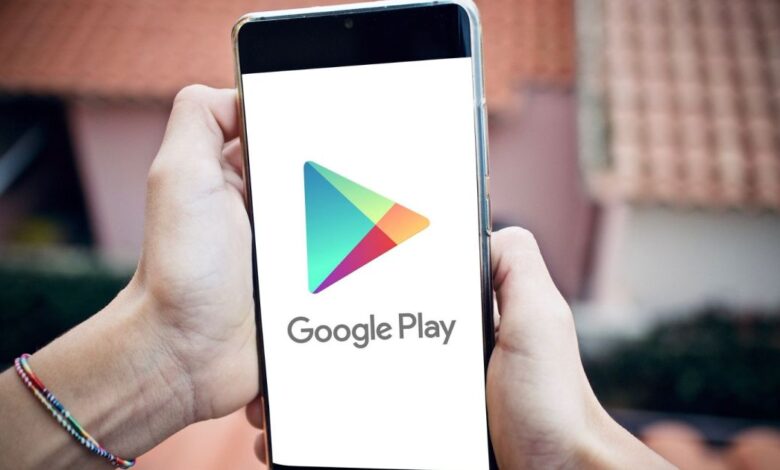Google Play Store Requires Age Verification Before App Downloads

Google Introduces age Verification on the Play Store
recently, Google has begun implementing age verification measures on the Play Store. This means that when you try to download certain apps,you might need to prove that you're at least 18 years old. screenshots shared by Artem Russakovskii on X show a new prompt asking users for their age confirmation.
The process works like this: Google will use your email address to estimate your age and check if you meet the 18+ requirement.They will look at websites and applications where you've previously used that email address. If they can't determine your age from this information, they may ask for additional verification.
Methods of Age Verification
This new system is being rolled out gradually across different regions. Users in some areas may not see these prompts at all, and the methods available for verifying age can vary by country.
Here are some ways users might be asked to confirm their age:
- Upload a government-issued identification card.
- Take a selfie for facial recognition technology that estimates your age.
- use a credit or debit card with a small temporary charge that can be refunded.
- Email verification through third-party services like Verifymy.io.
The Importance of This Change
This update is important because the Play Store hosts millions of applications, including games and platforms not suitable for younger audiences. With increasing digital regulations around the globe,Google faces pressure to prevent minors from accessing content meant for adults only.
The rollout aligns with new laws in various U.S. states such as Texas, Utah, and Louisiana which require app stores to verify user ages before allowing access to certain content. In response, Google has already released timelines and guidelines aimed at developers in these states regarding compliance with these regulations.
User Concerns About Privacy
While this initiative aims to protect younger users from inappropriate content,it raises privacy concerns among many individuals who may hesitate about sharing personal documents or identification data with Google—even if it's just for verification purposes. The balance between safety and privacy is delicate here; how smoothly this rollout goes could influence public perception considerably.
Your Takeaway as a User
If you're an active user of the Play Store, here’s what you should keep in mind:
- You might need to provide personal information before downloading apps marked as 18+, especially if you're located in one of the initial rollout areas.
- Developers must adapt by integrating new APIs related to age signals and parental consent processes; failing to do so could limit app installations across various regions.
- This change could offer parents greater assurance that children won’t stumble upon unsuitable apps—especially when combined with existing parental control tools available on devices today.
A Balancing Act Between Safety and privacy
Whether Google's move towards stricter age verification proves beneficial or becomes an inconvenience largely depends on how effectively they manage this transition period.
And don't forget! novebyte might earn a little pocket change when you click on our links, helping us keep this delightful journalism rollercoaster free for all! These links don’t sway our editorial judgment so you can trust us. If you’re feeling generous support us here.





